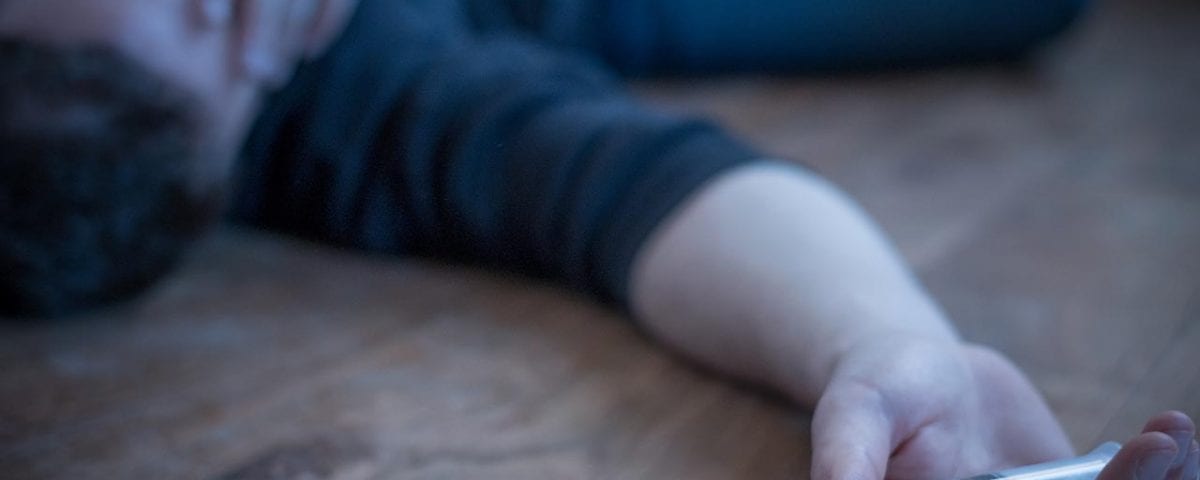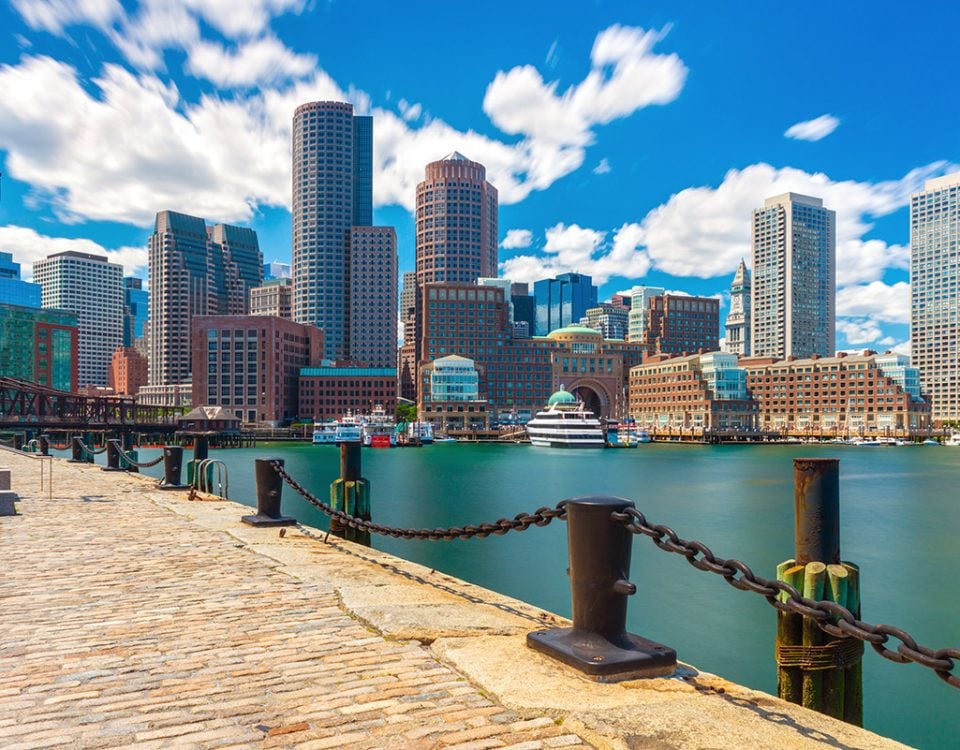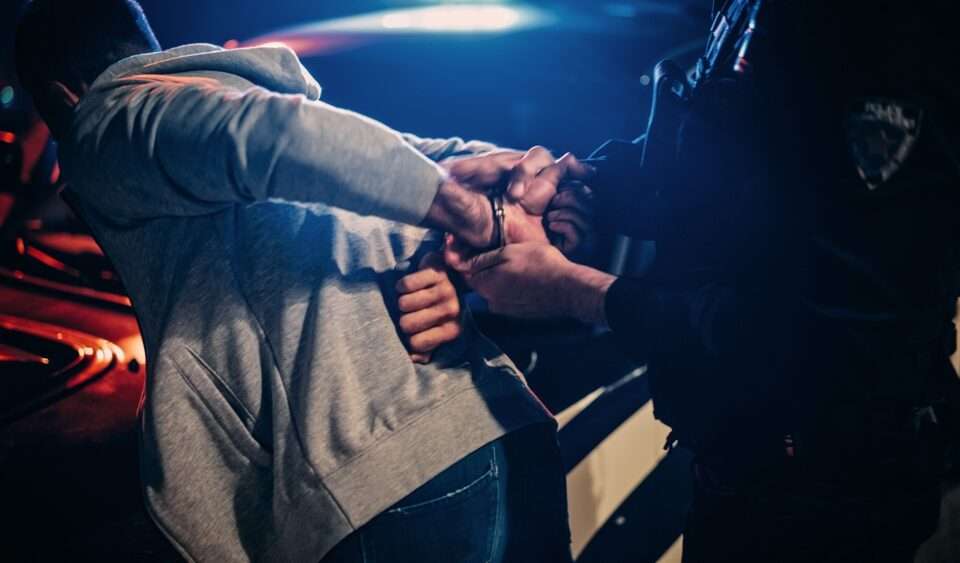Sobriety is a life-long commitment that includes many ups and downs. Even if you leave a substance abuse treatment center feeling confident, you are likely to still face some challenges in recovery.
One of the biggest of these challenges is the inevitable drug cravings that can occur in a moment’s notice. While they may seem to develop out of nowhere, these addiction cravings are typically brought on by relapse triggers.
What’s A Relapse Trigger?
Relapse triggers are internal or external stimuli that can prompt a recovering addict to crave drugs or alcohol. They often remind the recovering addict of their drug use and activate certain cues in the brain that relate to their substance abuse. These cues can bring about strong urges to use again, and if not handled correctly, these substance use triggers can lead the recovering addict to relapse.Types of Addiction Relapse Triggers
Relapse triggers can come in many forms. They can be both environmental or psychological and some may elicit stronger cravings than others.Places
Many former addicts are triggered by places that they used to frequent before getting sober. Some common places that cause addiction cravings can be a nightclub, bar, liquor store, a park where you bought drugs, or a friend’s house where you frequently did drugs.People
It is important to find a good community of support in recovery, but the people who you used to get high with or go out and party with are not a good option. The friends or family that you frequently did drugs with, as well as your former drug dealer, can all act as strong drug triggers that could derail your sobriety.Things
Certain objects may become relapse triggers during recovery. Along with the abused substances themselves, drug paraphernalia or media related to their drug of choice can remind the recovering addict of their drug or alcohol use and create strong urges to use again.Emotions
It is natural for many recovering addicts to be emotional as their bodies adjust to their sobriety and they attempt to completely change their lifestyles. Both can bring out large amounts of stress, anxiety, or depression. If the recovering addict used to turn to drugs or alcohol to cope with these emotions, these emotions might become a relapse trigger during recovery. If these emotions become too much to handle, mental health treatment may be necessary.Managing Relapse Triggers
Because addiction relapse triggers come in several forms, they are inevitable. You should do your best to avoid coming in contact with the more obvious ones like friends you did drugs with, night clubs, or the drugs themselves, but other relapse triggers may be harder to avoid. Sobriety shouldn’t mean hiding from the world, but it does mean taking active steps to prevent relapse.One of the best ways to manage relapse triggers is to develop good coping mechanisms. When a relapse trigger prompts a drug craving, you want to have the skills necessary to fight off these addiction cravings and keep them from becoming overwhelming.
Another important idea to remember is that sobriety is not a passive journey. You need to be active in your recovery efforts and keep up with your sobriety in order to continue to see success. Implementing the techniques you learned in your substance abuse therapies during treatment into your regular life can help you overcome these drug and alcohol relapse triggers or mitigate their effects.
If you or a loved one is struggling with a substance abuse disorder or mental health problem, we want to help. At Banyan Treatment Centers, we will guide you or your loved one through every step of treatment, including preparing you for life outside of treatment.




















